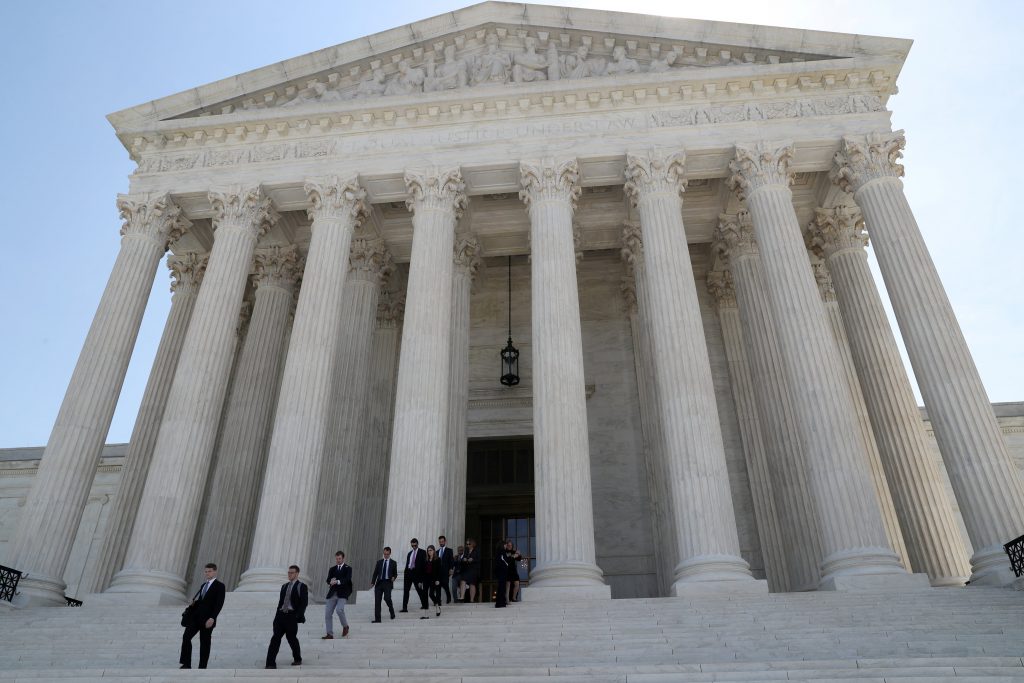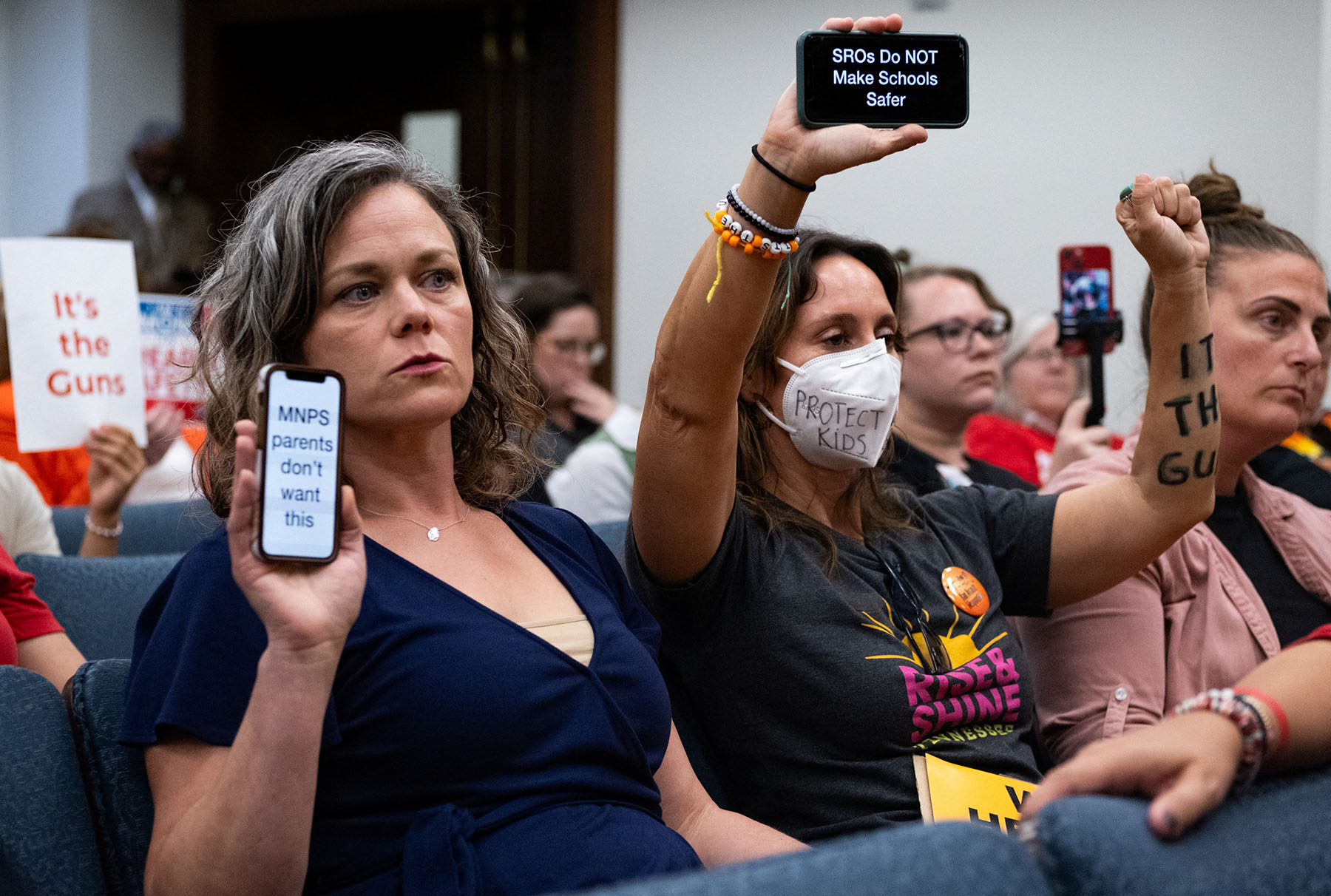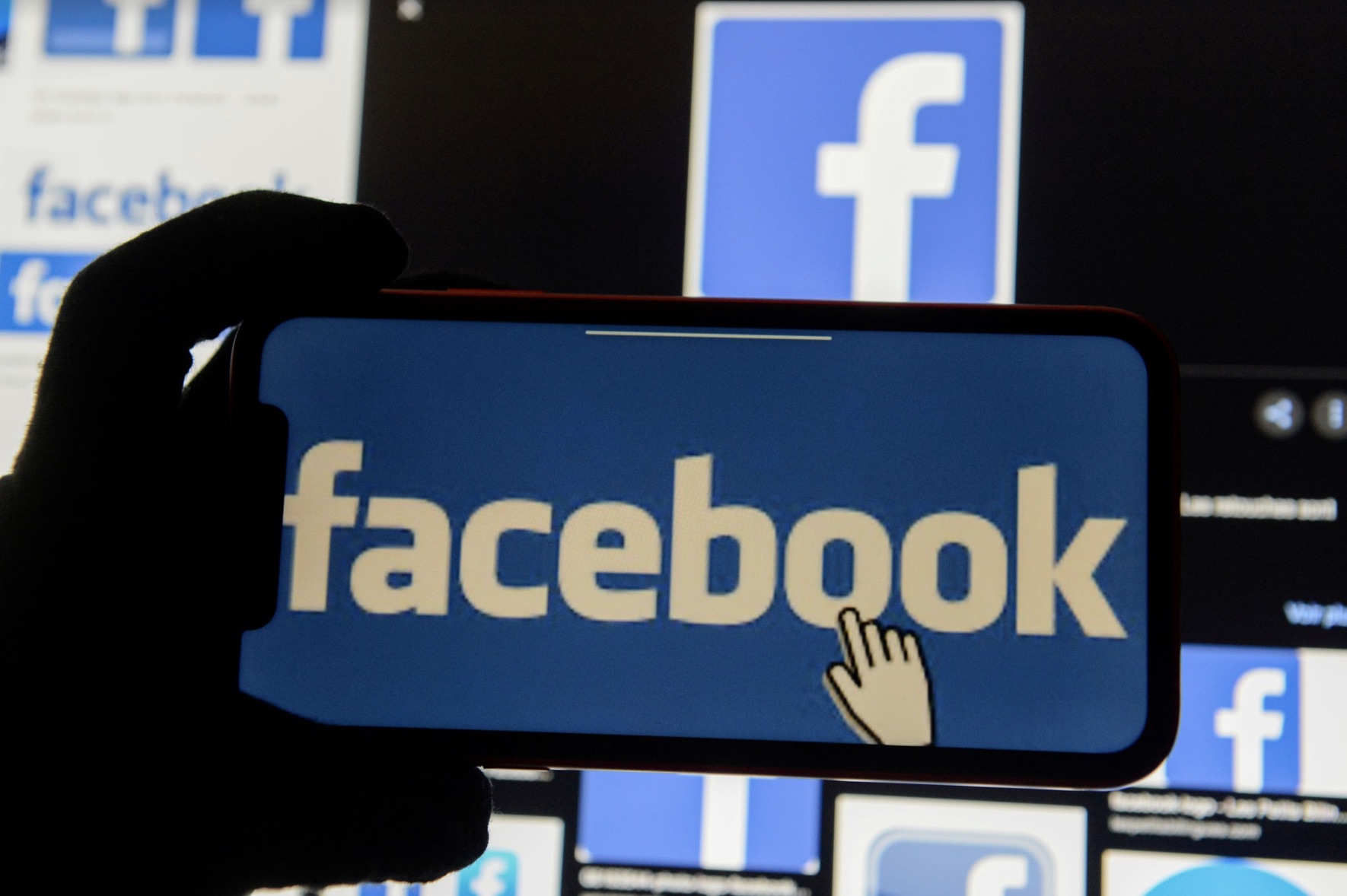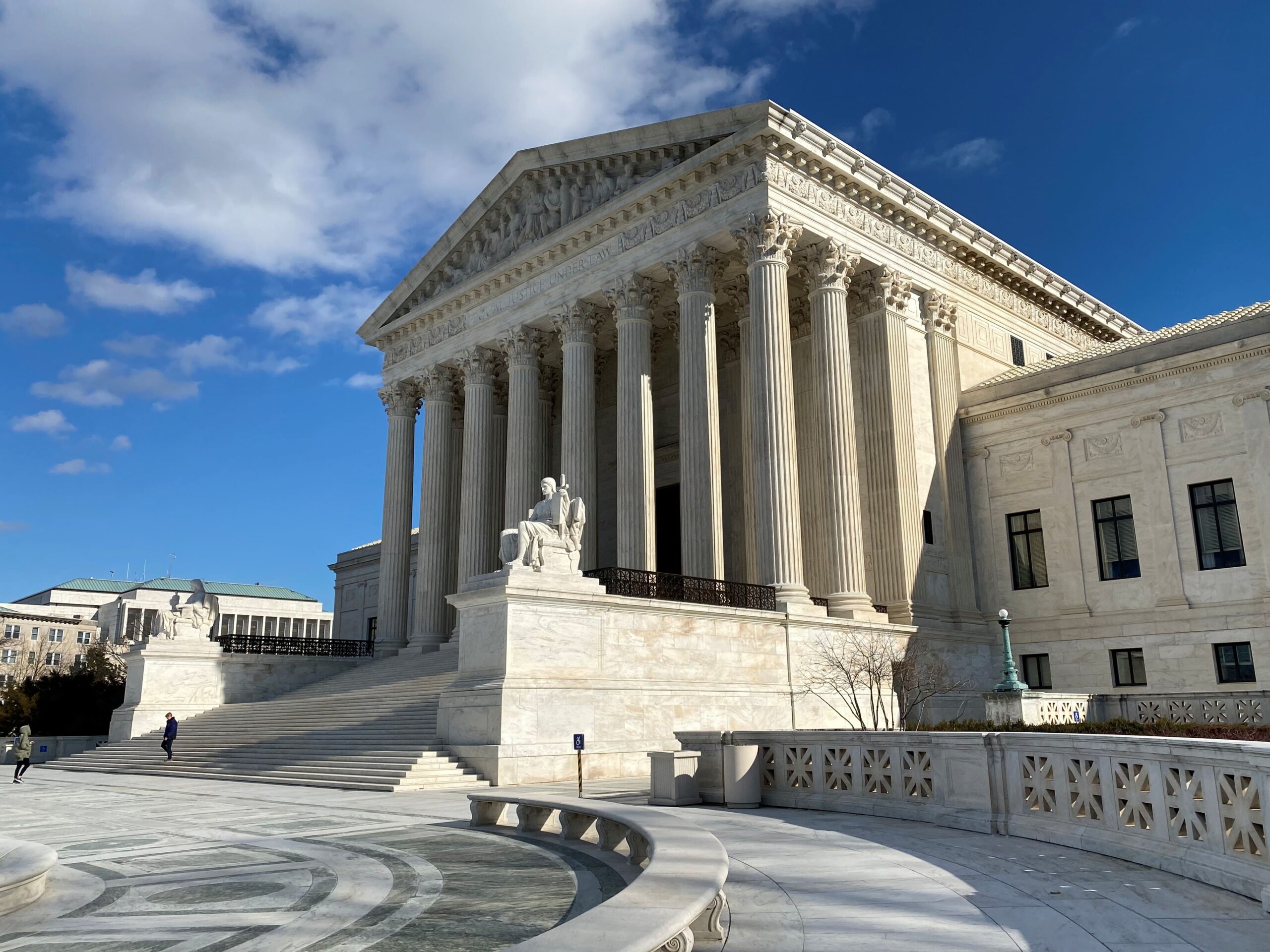The Supreme Court weighed in on a case over whether a public access channel should be considered a private actor or a public forum.
In 2012, nonprofit Manhattan Community Access Corporation (MNN) refused to air a video by producer DeeDee Halleck and playwright Jesus Melendez, claiming that the video contained threatening language.
Halleck and Menendez sued MNN, saying that the nonprofit violated the First Amendment because MNN was set up by New York City’s government and should be considered a public forum. The U. S. Court of Appeals for the 2ndCircuit agreed, so MNN appealed to the Supreme Court.
The Supreme Court, by a vote of 5-4, reversed the appellate court decision, saying that a private entity can only be considered a state actor when it’s doing something that the government has traditionally done.
“Under the state-action doctrine as it has been articulated and applied by our precedents, we conclude that operation of public access channels on a cable system is not a traditional, exclusive public function. Moreover, a private entity such as MNN who opens its property for speech by others is not transformed by that fact alone into a state actor. In operating the public access channels, MNN is a private actor, not a state actor, and MNN therefore is not subject to First Amendment constraints on its editorial discretion,” Justice Brett Kavanaugh wrote in the majority opinion.
SCOTUS blog Supreme Court Opinion
Tags




